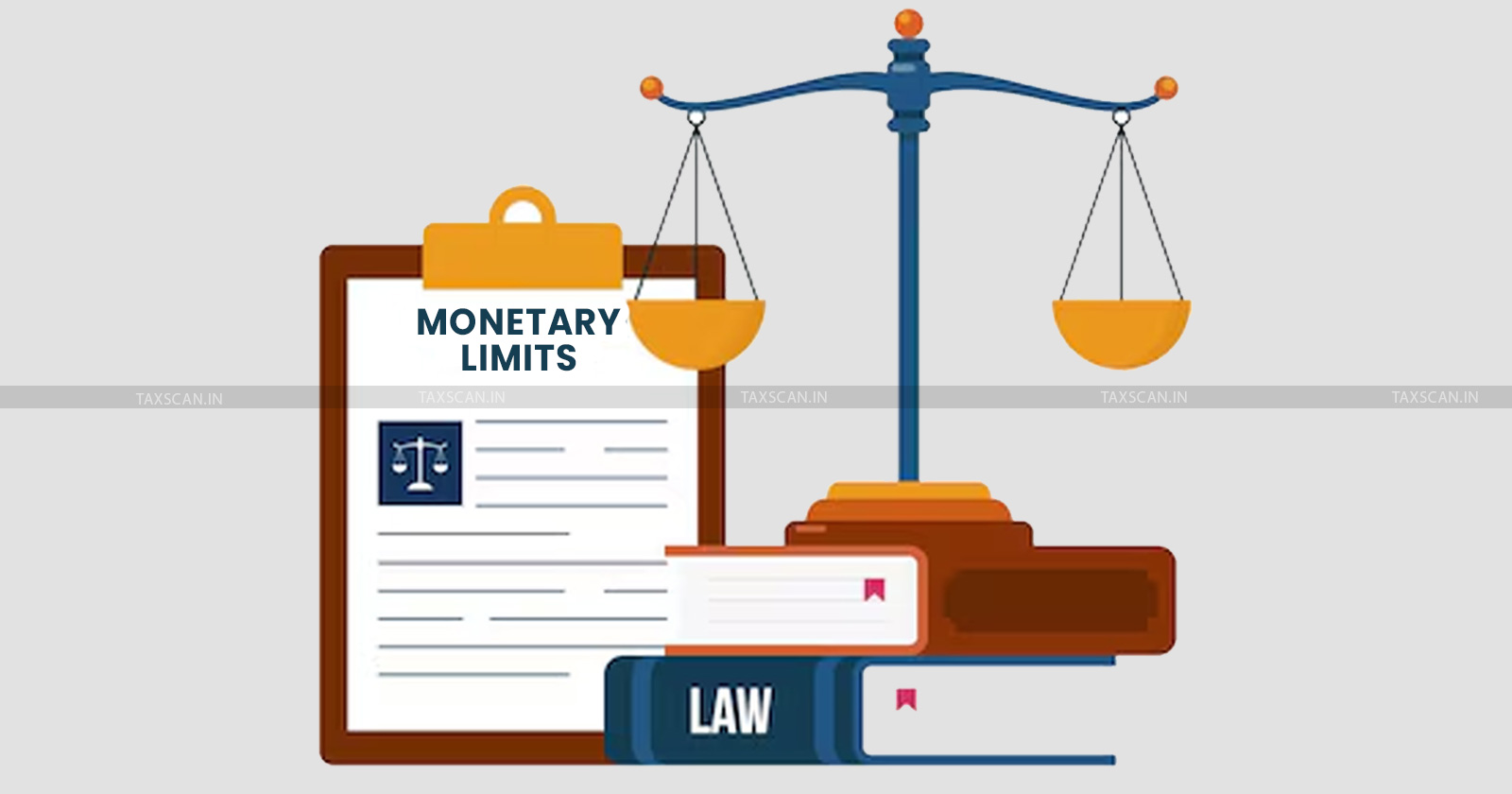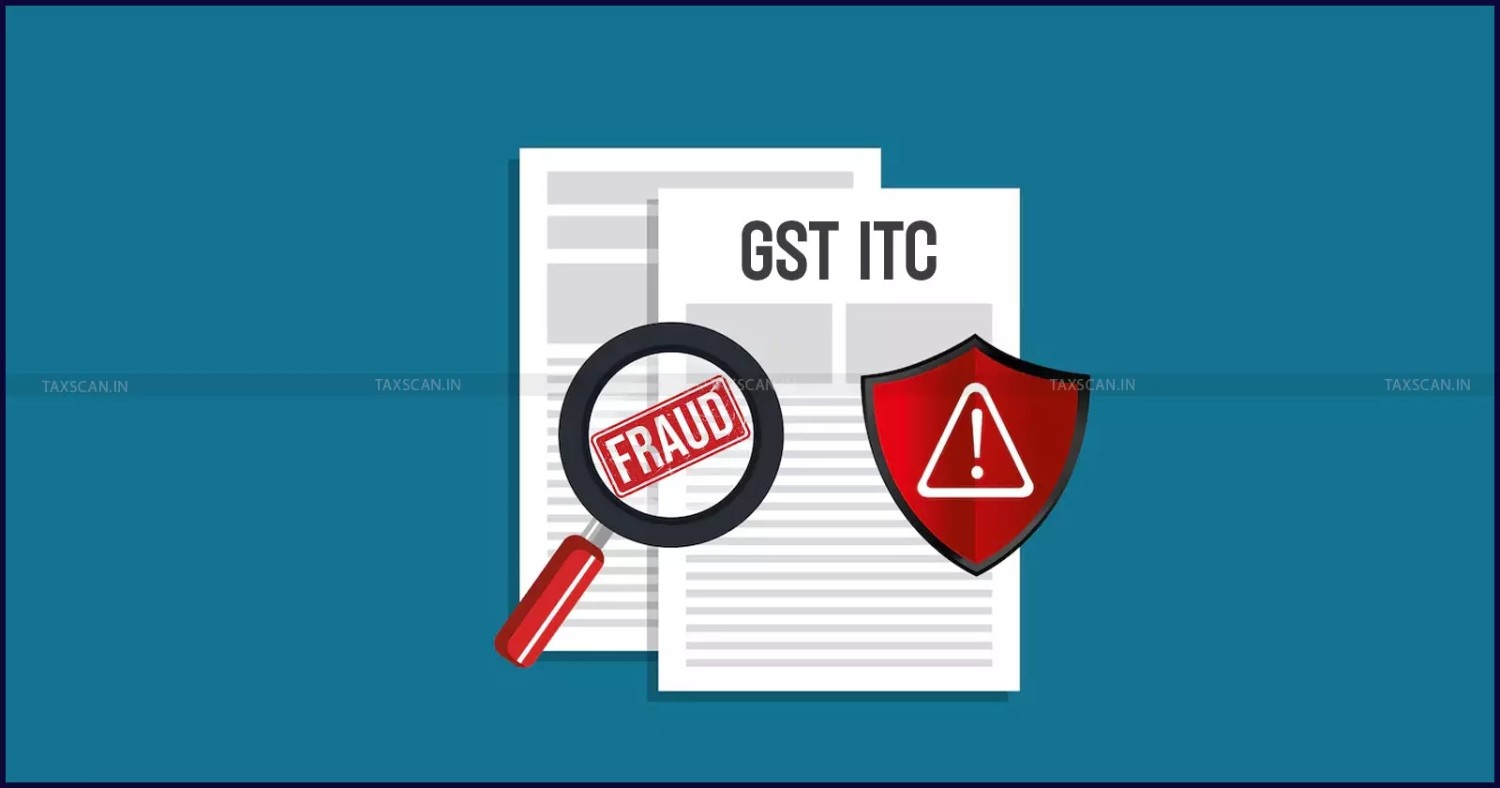Penalty Based on Presumption Without Book Verification Violates S.48(5) UP VAT Act: Allahabad HC Quashes ₹4.38 Lakh Penalty Demand [Read Order]
The bench ruled that the Commercial Tax Tribunal’s finding that transactions were not recorded in the books of account was not right, as no inspection or verification was conducted at the assessee’s premises. The Court emphasised that penalty proceedings must be based on cogent material, not presumptions, and answered the questions of law in favour of the assessee and against the Revenue
![Penalty Based on Presumption Without Book Verification Violates S.48(5) UP VAT Act: Allahabad HC Quashes ₹4.38 Lakh Penalty Demand [Read Order] Penalty Based on Presumption Without Book Verification Violates S.48(5) UP VAT Act: Allahabad HC Quashes ₹4.38 Lakh Penalty Demand [Read Order]](https://images.taxscan.in/h-upload/2025/11/22/2107404-vat-act-allahabad-high-court-penalty-demand-taxscan.webp)
The Allahabad High Court in a recent case has ruled that a penalty based on a presumption without verification of the books of account violates section 48(5) of the UP VAT Act and consequently quashed Rs 4.38 lakh penalty demand.
The case arose when the company’s consignment of iron ingots was intercepted by the Mobile Squad at Khatauli on 1 May 2014. The goods were seized on the allegation that the official control (OC) stamp affixed on the tax invoice had been reused, with ink evaporated by heat, and that the invoice number was handwritten instead of printed as required under Rule 44(6) of the VAT Rules.
 Also Read:CBDT Raises Monetary Threshold to ₹2 Crore for HC Appeals: Chhattisgarh HC Disposes of Revenue’s Appeal [Read Order]
Also Read:CBDT Raises Monetary Threshold to ₹2 Crore for HC Appeals: Chhattisgarh HC Disposes of Revenue’s Appeal [Read Order]
On this basis, penalty proceedings were initiated under Section 48(5), culminating in an order dated 4 December 2019 imposing ₹5.48 lakh penalty, with a demand of ₹4.38 lakh created against the assessee.
The assessee argued that the penalty was imposed solely on presumption without any verification of its books of account. It contended that all transactions were duly recorded, but neither the Mobile Squad nor the assessing authorities conducted any inspection or survey of its business premises after seizure to confirm the entries.
 Also Read:Heavy Penalty in GST ITC Fraud Case and Hearing Concerns: Delhi HC Allows Appellate Remedy Without Limitation Bar [Read Order]
Also Read:Heavy Penalty in GST ITC Fraud Case and Hearing Concerns: Delhi HC Allows Appellate Remedy Without Limitation Bar [Read Order]
Reliance was placed on earlier High Court rulings in Priyanka Allow Steel v. CCT (2016 ) and Shree Balaji Concast v. CCT (2016), which held that mere suspicion cannot justify a penalty under Section 48(5).
The State defended the penalty, asserting that discrepancies in documents accompanying goods indicated intent to evade tax, and that the Tribunal’s factual finding against the assessee warranted no interference.
The bench of Justice Piyush Agrawal, however, found that the penalty was imposed only based on suspicion arising from the OC stamp and handwritten invoice numbers. He noted that while such grounds may justify seizure, they cannot sustain a penalty unless supported by definite findings that transactions were not recorded in the books.
The Court observed that no inspection, survey, or provisional assessment was conducted to verify the genuineness of the entries, and that the Tribunal’s conclusion was perverse in the absence of material evidence.
Reiterating the principle laid down in Shree Balaji Concast, the Court held that a penalty under Section 48(5) requires proof of intention to evade tax and omission to record transactions in books. Suspicion or doubt, without verification, cannot justify a levy. Accordingly, the impugned orders of the Tribunal and lower authorities were set aside.
Answering the questions of law in favour of the assessee and against the Revenue, the Court allowed all three revisions.
Support our journalism by subscribing to Taxscan premium. Follow us on Telegram for quick updates


